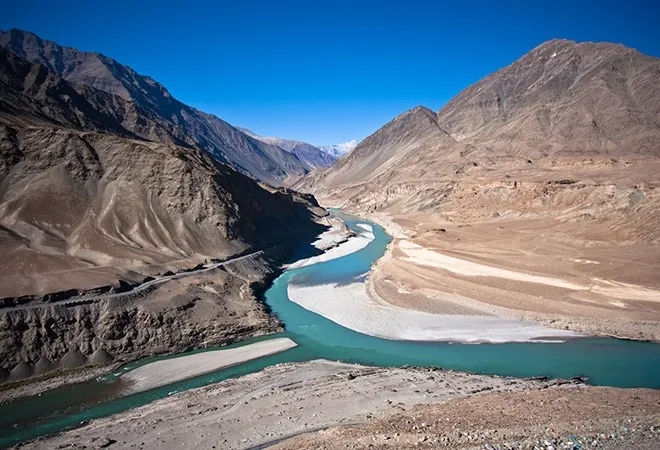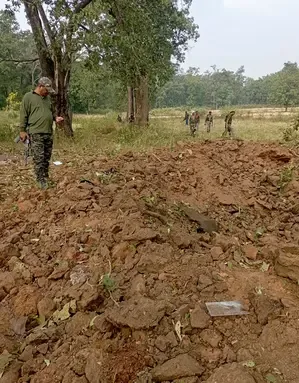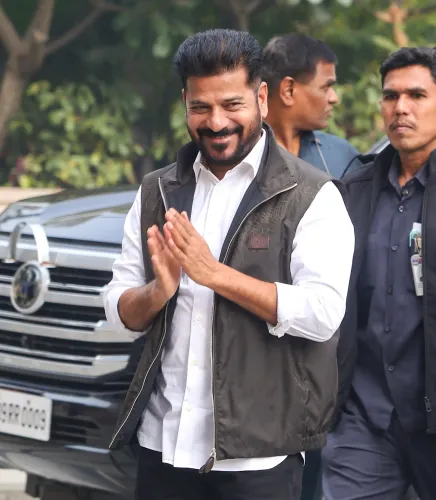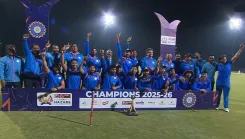Why Did India Reject the Arbitration Court's Ruling on IWT?

Synopsis
Key Takeaways
- India maintains its sovereignty over water rights.
- The PCA ruling is seen as lacking legal validity.
- Cross-border terrorism influences treaty obligations.
- India's decision may impact regional geopolitics.
- Pakistan's actions are scrutinized by India.
New Delhi, Aug 14 (NationPress) Reaffirming that the Indus Waters Treaty (IWT) is currently suspended, India on Thursday dismissed the recent ruling from The Hague-based Permanent Court of Arbitration (PCA), claiming that its decisions exceed jurisdiction, lack a legal foundation, and are insignificant regarding India's rightful water usage.
"India has never acknowledged the legality, legitimacy, or authority of the so-called Court of Arbitration. Thus, its declarations are outside jurisdiction, lack legal standing, and do not affect India's rights to utilize water resources. India firmly rejects Pakistan's selective and misleading references to the so-called award," stated Randhir Jaiswal, spokesperson for the Ministry of External Affairs (MEA), during a routine press briefing in New Delhi on Thursday.
"As previously stated, the Indus Waters Treaty remains suspended due to a sovereign decision by the Government of India, made in response to Pakistan's ongoing sponsorship of cross-border terrorism, including the horrific Pahalgam attack," he continued.
The MEA confirmed that India has never recognized the legal existence of the so-called Court of Arbitration, maintaining that the formation of this arbitral body constitutes a significant violation of the IWT. Therefore, any proceedings or awards from this forum are deemed illegal and void, according to New Delhi.
Exercising its rights as a sovereign nation under international law, India has placed the IWT on hold until Pakistan credibly renounces its support for cross-border terrorism.
The MEA emphasized that while the treaty is suspended, India is no longer obligated to fulfill any of its commitments. It also highlighted that no Court of Arbitration, especially this illegitimately established arbitral body, has the authority to scrutinize the legality of India’s actions as a sovereign state.
"Today, this illegal Court of Arbitration, purportedly formed under the Indus Waters Treaty 1960 and in blatant violation of it, has issued what it calls a ‘supplemental award’ regarding its competence concerning the Kishenganga and Ratle hydroelectric projects in the Indian Union Territory of Jammu and Kashmir. Consequently, India categorically rejects this so-called supplemental award, just as it has dismissed all previous pronouncements from this body," the MEA stated following the Court of Arbitration's supplementary award issued in June.
"This latest charade, orchestrated at Pakistan's request, is yet another desperate attempt by it to evade accountability for its role as the global epicenter of terrorism. Pakistan's reliance on this fabricated arbitration mechanism aligns with its long-standing pattern of deceit and manipulation of international forums," the Ministry added.










